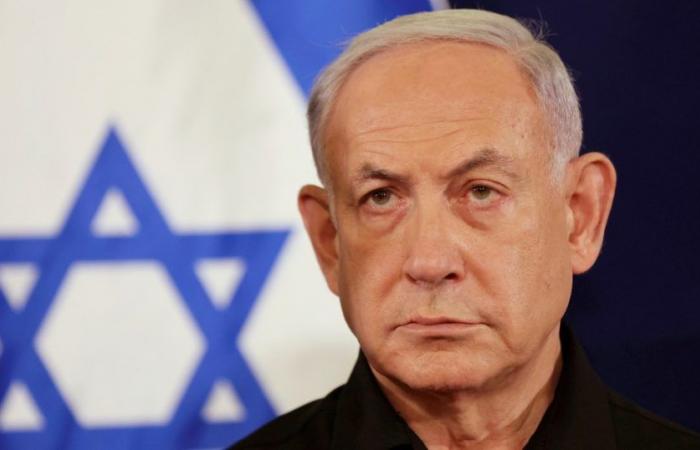
It seems that the Israeli Prime Minister, Benjamin Netanyahu, is determined to be the “imposed” option on the Biden administration, which in recent months has tried to weaken him, both by opening direct lines with his rival Gantz and by exerting internal and external pressure. However, so far, Netanyahu continues to demonstrate his walking ability on the razor’s edge.
Gantz’s resignation from the Israeli war government on June 10 was, in essence, an event that should have triggered a real change in the Israeli political scenario, weakening Netanyahu and recognizing his failure in managing the current situation, especially with the end of the war council in its old form. Before that, the timing of the operation to forcibly free four hostages, on the day set by Gantz for withdrawal from the Israeli government, had weakened the withdrawal card and contained his influence, albeit temporarily.
From day one of this war, Netanyahu has focused on creating a scene of hostage rescue by force, achieving his goal on the day the hostage process was supposed to begin. reversal of his government.
Netanyahu’s survival of this crisis does not mean the end of the challenges he faces, quite the opposite. Although his government enjoys stability with supporting votes in the Knesset, the opposition’s demand for elections next September could prove difficult to overcome and simultaneously increase pressure on Netanyahu on a personal level, especially in front of international public opinion.
Ultimately, Netanyahu may be forced to answer the question of democratic sovereignty of the country by accepting the elections. In the current phase, Netanyahu’s escape from centrist pressures in the government could push him to adopt a policy of complacency towards the right, despite the limitations of overly catering to this faction. This is especially true given the growing unease at the prospect of indefinite open war or the move to new fronts, and the determined refusal to accept any solution.
Internationally, the real pressure may come from the US administration, which is also preparing for the next elections. This means that the war in Gaza and Middle East issues will inevitably become an important one electoral material. This administration will try to present itself as capable of achieving results, from stopping the war to containing the fronts, up to launching the regional peace process. However, everyone knows today that most fronts are still open and any regional peace process requires an Israeli side. Therefore, Netanyahu fully understands that being removed from the government at this time may not be in the interests of any regional agreement.
His strategy in the next phase may focus not on refusing to hold elections in Israel, but on working for postpone them after the American ones, with a clear focus on negotiations with the Israeli opposition and the judiciary in order to obtain guarantees regarding its future in the event of defeat.
Given the situation, the current priorities for the Israeli government are multiple. From a security point of view, the most important is to redesign the security geography of Rafah crossing and the entire Philadelphia corridor. This began to take shape with the Palestinian destruction of the crossing, implying that it will undergo a comprehensive rehabilitation process in the future, subject to the new security arrangements that the Israeli government seeks to impose as part of ending the war in Gaza.
From a practical point of view, the next few months will present major challenges for the American administration. Currently, it is re-presenting the pre-October 7 prescription, the “Regional Peace Plan”, as one of the practical solutions to the current situation. Nonetheless, everyone recognizes that the complexities on the ground, both in Gaza and elsewhere, are too great to be resolved through Washington’s peace plan.
From the moment the decision was made to go to war in Gaza, American peace proposals lost their appeal in the eyes of all parties. Consequently, the inability to stop the war in Gaza through diplomatic means within a regional agreement implies a high level of involvement on the Lebanese front and a high possibility of escalation. This situation will keep the American administration completely dependent on developments, depriving it of any ability to push for a regional settlement or peace process.
This could subsequently force the US to focus more on the military aspect than on the political one, especially in the event of a transition to open warfare with Hezbollah and the expected escalation in Yemen.




